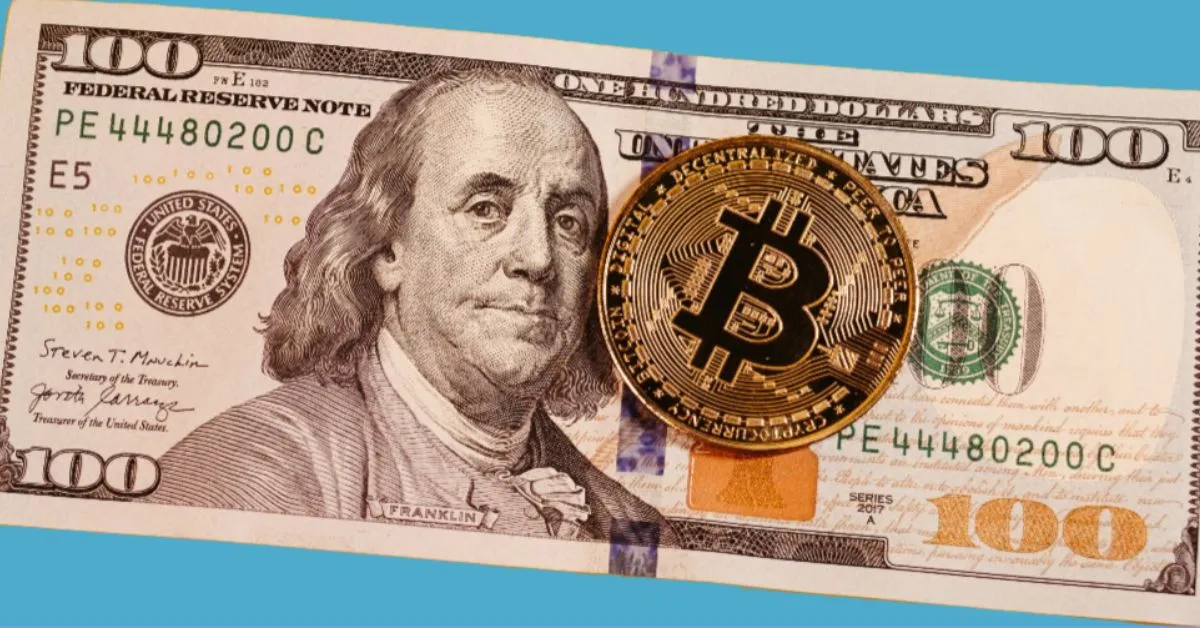Examining the Possibilities: Unveiling Metaverse Cryptocurrencies
The convergence of cryptocurrencies and the metaverse has become a hot topic in the rapidly changing world of digital innovation, capturing the interest of both investors and tech enthusiasts. The subject matter delves into the complex world of metaverse cryptocurrency, revealing the many facets of this revolutionary combination.
The Genesis of Metaverse Crypto
Defining the Metaverse
At its essence, the metaverse is a collective virtual space that converges the physical and digital worlds. It encompasses augmented reality, virtual reality, and blockchain technology, creating an immersive environment where users can interact, transact, and own digital assets.
The Rise of Metaverse Crypto
Cryptocurrency, particularly blockchain-based digital assets, plays a pivotal role in the metaverse. These digital currencies serve as the lifeblood of virtual transactions, allowing users to buy, sell, and trade within the expansive virtual landscapes of the metaverse.
Navigating the Virtual Economy of Metaverse
Digital Assets and NFTs
Within the metaverse, digital assets take center stage, and Non-Fungible Tokens (NFTs) emerge as the stars of this digital economy. NFTs represent ownership of unique virtual items, from virtual real estate to digital art. The metaverse, powered by blockchain, ensures the scarcity and authenticity of these digital collectibles.
Gaming and Virtual Worlds
Gaming is seamlessly integrated into the metaverse, offering users dynamic virtual worlds where they can engage in experiences that go beyond traditional gaming. Blockchain technology brings a new dimension to gaming economies, enabling players to truly own and trade in-game assets, blurring the lines between virtual and real-world value.
The Decentralized Dynamics
Decentralized Governance with DAOs
Decentralized autonomous organizations (DAOs) add a layer of governance to the metaverse. Operated by smart contracts and governed by token holders, DAOs empower users to actively participate in decision-making processes, fostering a sense of community and collaboration.
Blockchain’s Role in Ensuring Decentralization
The metaverse leverages blockchain’s decentralized architecture to ensure security, transparency, and user autonomy. Blockchain mitigates the influence of centralized authorities, paving the way for a democratized digital frontier.
Challenges and Future Trajectory
Security and Privacy Concerns in the Metaverse
As users immerse themselves in the metaverse, addressing security and privacy concerns becomes paramount. Safeguarding user data and transactions is crucial for building trust and ensuring sustained growth in this digital realm.
Scalability and User Adoption Challenges
The success of the metaverse hinges on overcoming challenges related to scalability and achieving widespread user adoption. Solutions addressing technical limitations and providing a seamless onboarding experience are imperative for the metaverse to reach its full potential.
Crafting the Future of the Metaverse
Innovations Shaping the Metaverse Landscape
Innovation continues to be the driving force behind the evolution of the metaverse. From advancements in virtual reality technologies to the integration of artificial intelligence, the metaverse is a canvas for groundbreaking developments that redefine digital experiences.
The Role of Metaverse in Social Interaction
Beyond gaming and transactions, the metaverse holds the promise of transforming how we connect socially in the digital space. Virtual gatherings, collaborative workspaces, and shared experiences are set to become integral components of the metaverse’s societal impact.
Conclusion
In conclusion, the fusion of the metaverse and cryptocurrency unveils a landscape of unprecedented possibilities. Metaverse crypto, powered by blockchain, is not merely a speculative trend; it’s a paradigm shift in how we perceive and engage with the digital realm. As the metaverse continues to evolve, overcoming challenges and embracing innovation, it stands poised to reshape the future of digital interaction, economy, and governance.
FAQs About Metaverse Cryptocurrency
Q1: How does blockchain enhance security in the metaverse?
Blockchain enhances security by its decentralized nature, ensuring that data is distributed across nodes, minimizing the risk of single points of failure and unauthorized access.
Q2: Can I trade real-world assets in the metaverse using cryptocurrency?
Yes, the metaverse facilitates the trading of virtual assets representing real-world value, bridging the gap between the digital and physical realms.
Q3: What challenges does the metaverse face in terms of user adoption?
User adoption challenges in the metaverse include creating seamless onboarding experiences, improving user interfaces, and addressing concerns related to the technical complexity of virtual environments.
Q4: How are NFTs changing the dynamics of the virtual economy in the metaverse?
NFTs provide a unique and verifiable ownership structure for virtual assets, bringing a sense of scarcity and authenticity to the virtual economy.
Q5: What is the potential societal impact of the metaverse beyond gaming and transactions?
The metaverse has the potential to redefine social interactions, enabling virtual gatherings, collaborative workspaces, and shared experiences, contributing to a broader societal shift in digital engagement.
